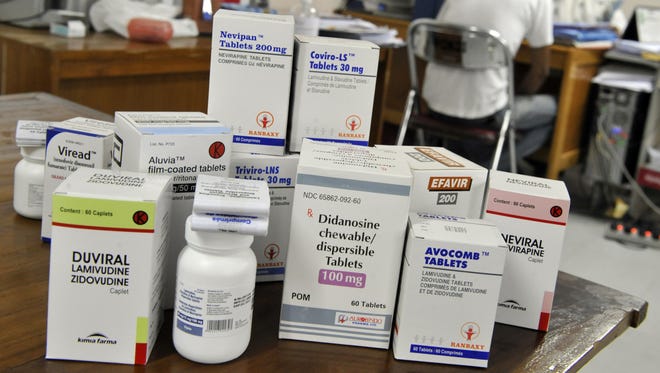More than 70 countries warned they are at risk of running out of HIV medication due to the coronavirus pandemic, according to a survey conducted by the World Health Organisation.
Twenty-four countries said they have a “critically low” stock of antiretroviral medicine, or ARVs, largely used as a therapy to treat HIV, or have seen a disruption in their supply chain as a result of the pandemic, the WHO said.
Read Also: WHO Admits COVID-19 May Not Go Away Like HIV
“The findings of this survey are deeply concerning,” WHO Director-General Tedros Adhanom Ghebreyesus said in a statement. “Countries and their development partners must do all they can to ensure that people who need HIV treatment continue to access it. We cannot let the COVID-19 pandemic undo the hard-won gains in the global response to this disease.”
In May, the WHO and the Joint United Nations Program on HIV/AIDS estimated that AIDS-related deaths in sub-Saharan Africa could double due to a six-month disruption of access to antiretroviral medication. That estimate applied only through 2020. While there’s no cure for HIV, the virus that causes AIDS, antiretroviral medication is proven to control the virus and prevent infection to others.
The closure of land and air transportation, failure of suppliers to deliver the medication and limited access to health services were among the causes of disruption cited in the WHO survey. More than 25 million people received treatment with antiretroviral drugs in 2019, the WHO said, adding that it expects to miss 2020 targets.
AFRICA DAILY NEWS, NEW YORK










